Ginger is a popular ingredient revered for its culinary and medicinal benefits. However, with the increasing demand for high-quality ginger, ensuring the authenticity and quality of the product has become paramount. This comprehensive guide will explore ginger certification, providing buyers with the ultimate resource to navigate quality standards and trust.
1. Understanding Ginger Certification
What is Ginger Certification?
Ginger certification is a process that verifies the quality, safety, and authenticity of ginger products. Certification bodies evaluate various aspects of ginger production, including farming practices, processing methods, and packaging standards, to ensure that the product meets specific criteria.
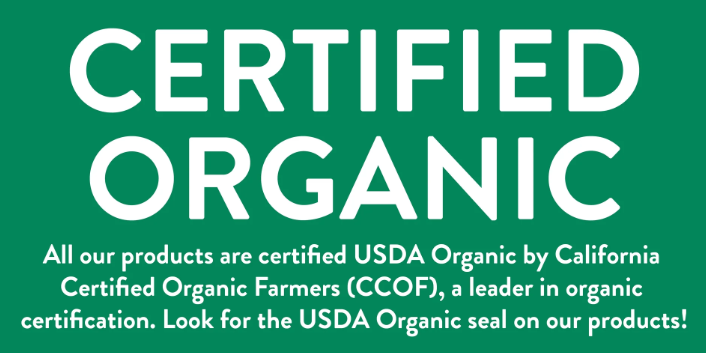
Why is Certification Important?
Certification is crucial for several reasons:
- Quality Assurance: It guarantees that the ginger has been grown, processed, and packaged according to stringent standards. This involves comprehensive checks and balances that cover everything from soil quality to the final product.
- Consumer Trust: Certified products are more likely to be trusted by consumers, leading to increased sales and customer loyalty. Certification acts as a quality seal, reassuring consumers about the product’s integrity and safety.
- Market Access: Certification can open doors to international markets, where regulatory standards might be stringent. Many countries have strict import regulations that require certification for agricultural products.
2. Types of Ginger Certifications
Organic Certification
Organic certification ensures that the ginger is grown without synthetic pesticides or fertilizers. It also verifies that the farming practices promote ecological balance and conserve biodiversity. Organic ginger is often perceived as healthier and more environmentally friendly, appealing to a growing consumer base that prioritizes natural products.
Fair Trade Certification
Fair Trade certification focuses on the social and economic aspects of ginger production. It ensures that farmers and workers receive fair wages and work under safe conditions. This certification promotes ethical practices and helps improve the quality of life for those involved in ginger farming.
Good Agricultural Practices (GAP) Certification
GAP certification covers the entire farming process, from soil management to harvesting. It ensures that the ginger is produced in a manner that minimizes environmental impact and ensures food safety. This certification often includes guidelines for the responsible use of water and soil resources, pest control, and worker health and safety.
Hazard Analysis and Critical Control Points (HACCP) Certification
HACCP is a systematic approach to food safety that identifies potential hazards in the production process and implements measures to control them. This certification ensures that the ginger is safe for consumption. HACCP principles are widely recognized and respected, making this certification a valuable asset for any ginger producer.
ISO 22000 Certification
ISO 22000 is an international standard for food safety management systems. It integrates various food safety principles to ensure comprehensive safety throughout the food supply chain. This certification is globally recognized and demonstrates a high level of commitment to food safety practices.
Table: Overview of Key Ginger Certifications
| Certification | Focus | Benefits |
|---|---|---|
| Organic Certification | No synthetic chemicals | Healthier product, ecological benefits |
| Fair Trade Certification | Fair wages, safe working conditions | Social responsibility, ethical sourcing |
| GAP Certification | Sustainable farming practices | Environmental protection, food safety |
| HACCP Certification | Food safety hazards control | Safe consumption, regulatory compliance |
| ISO 22000 Certification | Food safety management systems | Comprehensive safety, global recognition |
3. How to Verify Ginger Certifications
Check Certification Labels
Certified ginger products will have labels indicating their certification status. Look for labels from recognized certification bodies on the packaging. These labels are often prominently displayed to reassure buyers of the product’s quality and compliance with specific standards.
Request Certification Documents
Buyers can request certification documents from suppliers. These documents provide detailed information about the certification process and the standards met by the product. Reviewing these documents can help buyers understand the specific practices and criteria that the ginger has met.
Research Certification Bodies
Not all certification bodies are equal. Research the certifying organization to ensure it is reputable and recognized within the industry. Reputable certification bodies often have stringent guidelines and robust audit processes to ensure compliance.
4. The Certification Process
Application and Documentation
Producers must apply for certification and provide extensive documentation about their farming and processing practices. This includes detailed records of farming methods, pest control measures, and processing techniques used.
Inspection and Evaluation
Certification bodies conduct thorough inspections of the farms and processing facilities. They evaluate compliance with the certification standards. These inspections often include site visits, interviews with workers, and sampling of products for testing.
Certification Decision
Based on the inspection and evaluation, the certifying body decides whether to grant certification. If granted, the producer receives a certification label to use on their products. This label serves as a mark of quality and credibility, helping buyers make informed purchasing decisions.
Ongoing Compliance
Certification is not a one-time process. Producers must undergo regular inspections and evaluations to maintain their certification status. This ensures that they continue to adhere to the high standards required for certification and helps maintain the integrity of the certification system.
List: Steps for Buyers to Ensure Certified Ginger
- Identify Trusted Suppliers: Look for suppliers known for their commitment to quality and certification. Established suppliers often have a history of compliance and a reputation for high standards.
- Request Certification Proof: Always ask for certification documents before purchasing. This can include certificates, audit reports, and other relevant documentation.
- Verify Labels: Check for certification labels from recognized bodies on the product packaging. These labels are usually a quick way to identify certified products.
- Research Certification Bodies: Ensure the certification body is reputable and recognized. Look for bodies that are accredited by internationally recognized organizations.
- Conduct Periodic Reviews: Regularly review the supplier’s certification status to ensure ongoing compliance. This helps prevent issues with expired or revoked certifications.
5. Benefits of Buying Certified Ginger
Enhanced Quality
Certified ginger is subject to stringent quality control measures, ensuring a superior product. These measures often include rigorous testing for contaminants and adherence to best practices in farming and processing.
Safety Assurance
Certifications like HACCP and ISO 22000 guarantee that the ginger is safe for consumption. These certifications involve comprehensive safety checks and procedures to minimize the risk of contamination and ensure product safety.
Ethical Sourcing
Certifications such as Fair Trade ensure that the ginger is sourced ethically, with fair wages and safe working conditions for farmers. This not only supports the well-being of workers but also promotes social equity in the supply chain.
Environmental Sustainability
Organic and GAP certifications promote sustainable farming practices that protect the environment. These practices include the responsible use of natural resources, soil conservation, and biodiversity protection, contributing to overall environmental health.
FAQs
1. What are the key benefits of organic certification for ginger?
Organic certification ensures that the ginger is grown without synthetic chemicals, promoting a healthier product and ecological balance. It also appeals to consumers seeking natural and environmentally friendly products. The absence of synthetic pesticides and fertilizers means fewer chemical residues, which is beneficial for consumer health and the environment.
2. How does Fair Trade certification impact the ginger supply chain?
Fair Trade certification ensures that farmers and workers receive fair wages and work under safe conditions. It promotes social responsibility and ethical sourcing within the ginger supply chain. This certification helps to create a more equitable trading system, which can lead to improved living standards for producers and their communities.
3. What is the importance of HACCP certification for ginger?
HACCP certification focuses on identifying and controlling potential food safety hazards in the production process. It ensures that the ginger is safe for consumption, meeting regulatory standards and protecting consumer health. This certification involves a systematic approach to food safety, which includes hazard analysis, critical control points identification, and implementation of control measures.
4. How can buyers verify the authenticity of ginger certifications?
Buyers can verify ginger certifications by checking for certification labels on the packaging, requesting certification documents from suppliers, and researching the reputation of the certification bodies. Authentic certification labels are often accompanied by unique identification numbers or QR codes that can be verified through the certifying body’s website.
5. Why is ongoing compliance important for certified ginger producers?
Ongoing compliance ensures that certified ginger producers continually meet the stringent standards required for certification. Regular inspections and evaluations maintain quality and safety, protecting consumer trust. Continuous compliance also helps producers stay updated with evolving standards and best practices, ensuring long-term sustainability and market competitiveness.
Why choose CAIE:
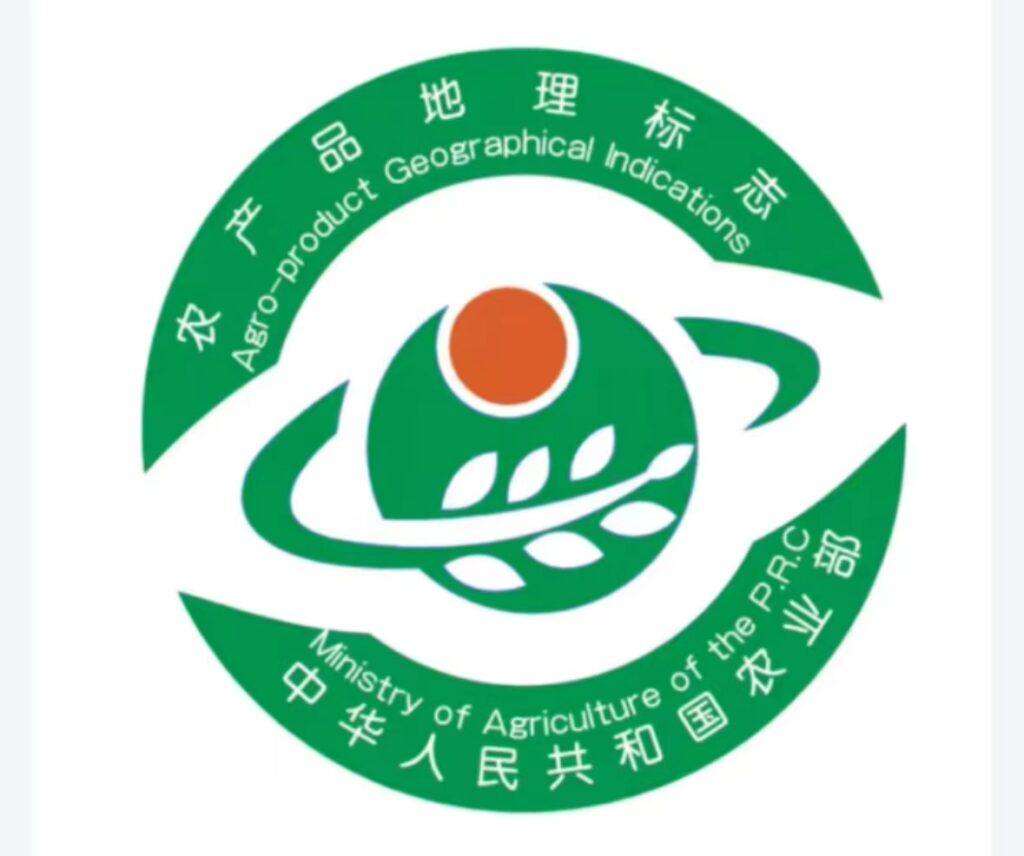

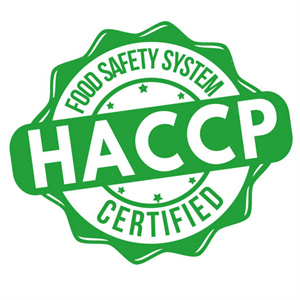
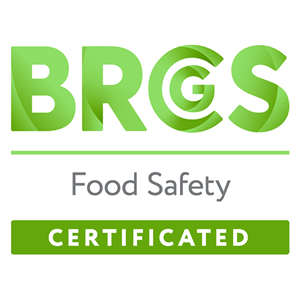
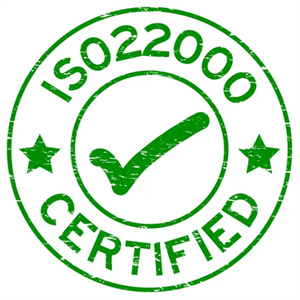
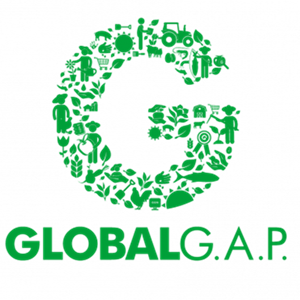
- Vertical Integration: CAIE has an integrated business model covering the entire supply chain from farming to warehousing, logistics, and export. This vertical integration allows for better quality control, traceability, and efficiency throughout the process.
- Dedicated Ginger Farms: CAIE owns over 10,000 acres of farms in Weifang City, which is considered the home of ginger production in China. This direct access to prime ginger growing regions ensures a reliable and high-quality supply of fresh ginger.
- Adherence to International Standards: CAIE follows stringent international standards, including those of the European Union, Japan, and the United States, for soil analysis, seed selection, planting, and harvesting practices. This commitment to rigorous standards guarantees top-quality ginger products.
- Modern Infrastructure: CAIE has over 100,000 square meters of modern, climate-controlled warehouses in the ginger production regions, ensuring optimal storage conditions and preservation of ginger quality from harvest to export.
- Bonded Logistics Expertise: CAIE has a specialized bonded logistics team in the Weifang Free Trade Zone, facilitating smooth and efficient export processes while maintaining product quality throughout the supply chain.
- Extensive Export Experience: Through the acquisition of Weifang Xinyide Agriculture Science and Technology Co., Ltd., CAIE has gained a professional team with over 20 years of experience in exporting agricultural products, including ginger.
- Government Support: CAIE benefits from policy support from the local governments of Shandong Province and Weifang City, which enhances its competitive advantage in areas such as planting, warehousing, and bonded logistics.
- Global Reach: CAIE has established relationships with over 30 large-scale buyers from 19 countries across Southeast Asia, Japan, Europe, and North America, demonstrating its ability to serve a diverse global customer base effectively.
- Variety and Volume: With its extensive resources and infrastructure, CAIE can provide larger quantities of various ginger varieties to meet the diverse needs of buyers worldwide.
By choosing CAIE as their ginger supplier, buyers can benefit from a reliable, high-quality supply chain backed by extensive expertise, modern infrastructure, and government support, ensuring a consistent and efficient ginger sourcing experience.
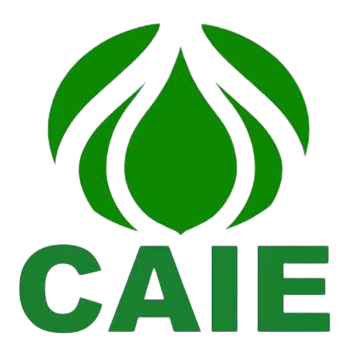
Contact CAIE today and let us be your trusted source for premium Chinese ginger.
- Want to know more about us.
- Want To contact us directly.
- For more ginger blogs
- CAIE Ginger Products